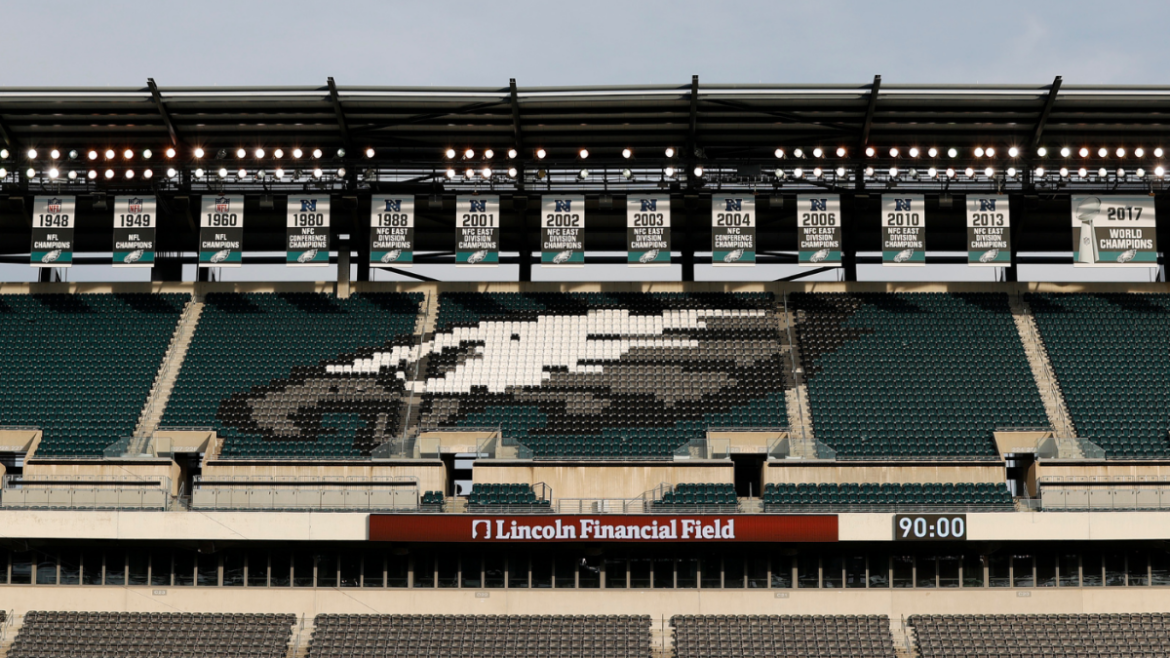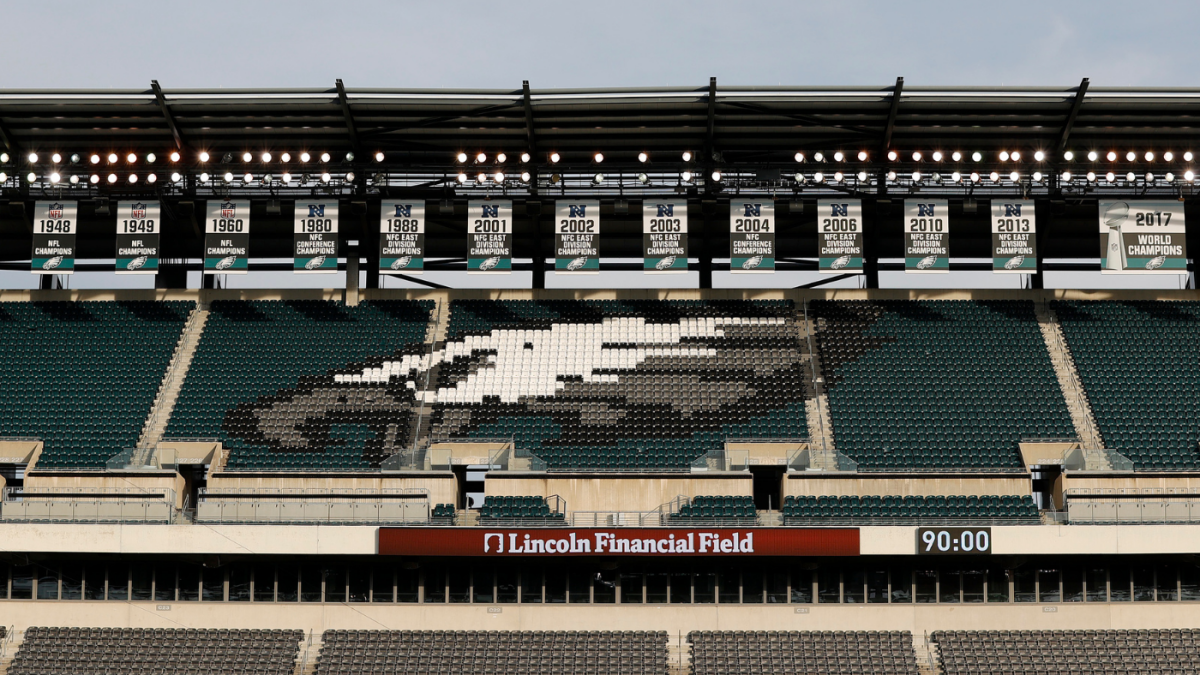The emerging rivalry between Michael Vick and DeSean Jackson as head coaches at historically black colleges and universities (HBCUs) signals a noteworthy moment in both sports culture and collegiate football’s evolving landscape. These former Philadelphia Eagles teammates are crossing over into new careers that carry historic significance, aiming to elevate their respective Mid-Eastern Athletic Conference (MEAC) programs—Norfolk State University and Delaware State University—while shining a spotlight on HBCU football as a whole. Their first head-to-head contest, set for October 30, 2025, at Lincoln Financial Field, marks a landmark event blending NFL heritage and collegiate athletic ambitions.
From NFL Stars to HBCU Head Coaches: A Shared Journey
Michael Vick and DeSean Jackson are not merely former players recalling their impressive careers in the NFL; they are stepping into leadership roles as first-year Division I head coaches, a rare and transformative transition. Their new positions symbolize a larger narrative about the role of athletes in nurturing future generations and impacting institutions that historically have been under-recognized in mainstream college sports.
Both Norfolk State and Delaware State have struggled competitively in recent seasons within the MEAC. Vick, taking the helm at Norfolk State, and Jackson at Delaware State, inherit the challenge of revitalizing these programs. Their efforts extend beyond wins and losses; they aim to increase visibility and prestige for their teams and the wider HBCU football community. This aligns with a broader movement where recent NFL stars like Deion Sanders have also taken coaching roles at HBCUs, highlighting the potential for these institutions to cultivate top-level athletic talent while influencing the sport’s cultural fabric.
The Significance of Lincoln Financial Field
Hosting the game at Lincoln Financial Field—the home stadium of the Philadelphia Eagles and site associated deeply with both coaches’ NFL legacies—is compelling on multiple levels. It represents a homecoming setting where stories intersect: the field where they achieved professional stardom now serves as a platform for their rebirth as collegiate mentors and tacticians. This shift of an HBCU game into an NFL stadium elevates the profile of these programs and could serve as a catalyst for attracting more attention, resources, and even televised coverage to HBCU football.
Philadelphia Eagles officials express pride and enthusiasm about the event, recognizing how these two iconic alumni embody leadership that connects professional excellence and community engagement. The choice of venue also positions the event to be a potential annual highlight for the MEAC conference, setting a precedent for major sporting events showcasing HBCU football on prominent stages.
Amplifying HBCU Football’s Visibility and Influence
The Vick-Jackson coaching matchup comes at a time when there is growing interest in leveraging former NFL stars to boost Historically Black Colleges and Universities and their athletic programs. Both coaches have expressed intentions to use their networks, experience, and star power to attract talent and investment. DeSean Jackson’s collaboration with key former Eagles personnel behind the scenes aims to create sustainable support mechanisms for Delaware State and the broader HBCU football ecosystem.
This game symbolizes more than competition; it’s a demonstration of potential pathways for HBCUs to achieve parity and acclaim within collegiate athletics. Their presence as coaches challenges outdated perceptions that HBCUs are peripheral in the talent pipeline and instead showcases them as fertile grounds for leadership development and high-level sports.
Challenges and Opportunities Ahead
Taking over struggling programs requires rapid transformation. Norfolk State and Delaware State, both near the bottom of the MEAC standings in recent seasons, face uphill battles for recruiting, funding, and cultural renewal within their teams. Vick and Jackson’s celebrity status undoubtedly aids in recruiting and media attention, but tangible success will depend on building strong organizational structures, instilling discipline, and achieving on-field wins.
The pressure to deliver swift improvements is balanced by the opportunity for lasting impact. Their roles go beyond coaching plays; they serve as mentors to young athletes, role models in their communities, and advocates for the importance of HBCUs in American sports and academics. Success stories emerging from this initiative may inspire further investment in HBCU athletics and serve as a blueprint for other universities.
Conclusion: A New Chapter in HBCU Football and Legacy Building
The upcoming game between Michael Vick’s Norfolk State Spartans and DeSean Jackson’s Delaware State Hornets at Lincoln Financial Field transcends the gridiron. It is a symbolic convergence of past NFL excellence and future collegiate promise, an event primed to elevate HBCU football to new levels of recognition and respect. As first-year head coaches, both men carry the weight of their legacies while nurturing fresh legacies as innovators and leaders. Their journey reflects a larger cultural shift, where the influence of black athletes extends into shaping institutions critical to the social and athletic fabric of the nation.
This historic matchup holds the potential to ignite enthusiasm, attract new supporters, and potentially transform the MEAC’s profile on the national stage. More than a game, it is a statement—that excellence, perseverance, and leadership can redefine expectations, breaking barriers and lighting the way for future generations of athletes and coaches in HBCU football.





